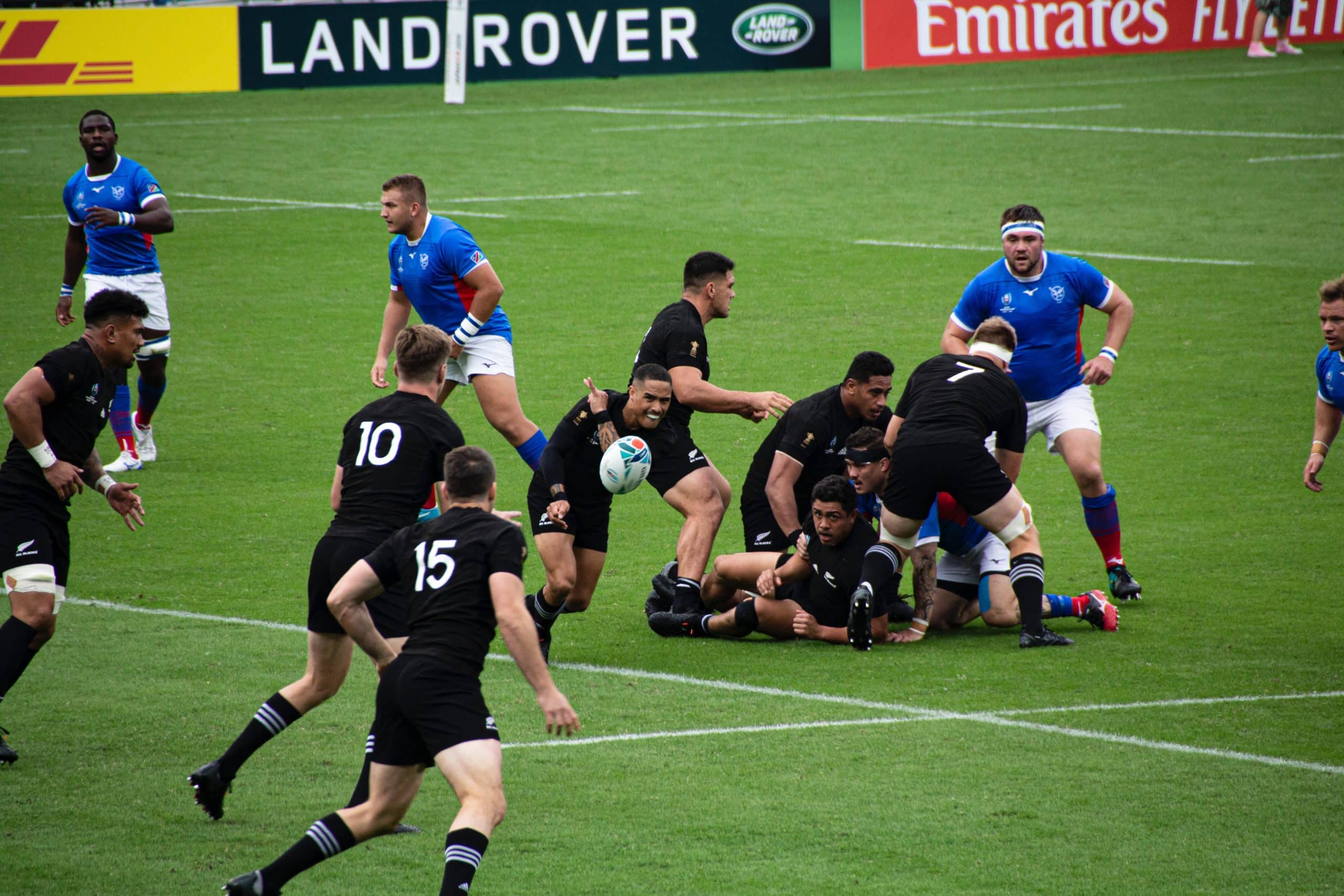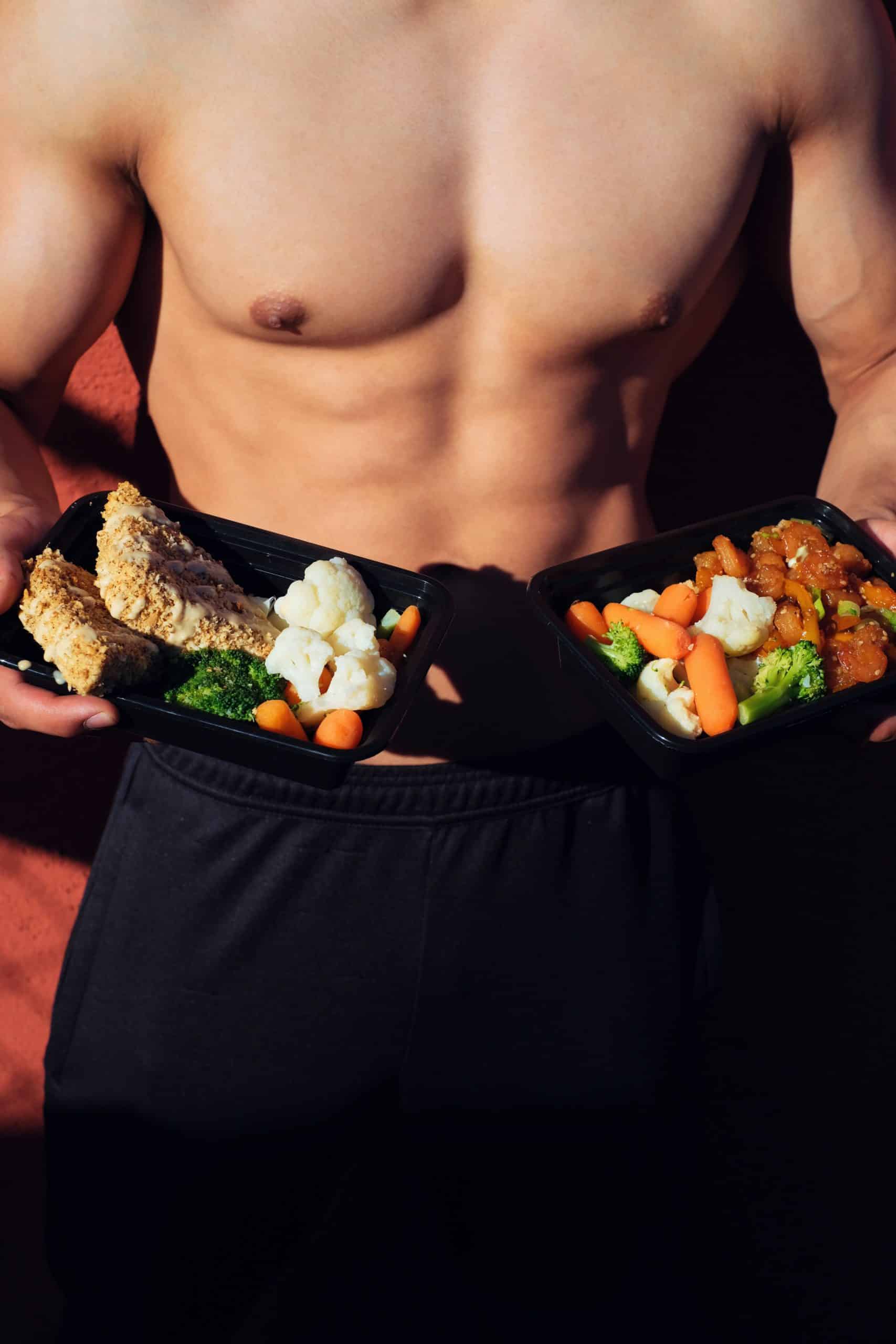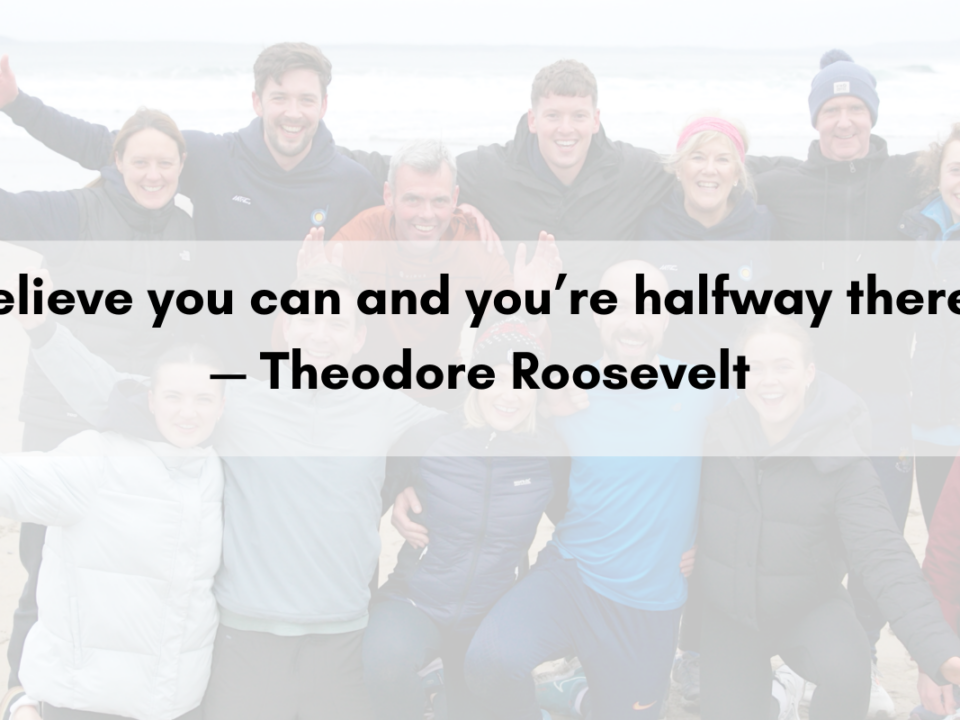Practice Tips: Fuel-up and Recovery Strategies in Team Sport
- Fueling up for performance with carbohydrate meals
- Key aspects of nutrition for recovery from intense exercise
- The importance of protein for athletes
Why fuel-up for performance?
 Fuelling-up with carbohydrate meals in the 24 to 48 hours before performance in high intensity and competitive team sports is the best approach with your nutrition to perform at your best. Exactly how much carbohydrate is required depends very much on factors such the sport, position, size of the athlete, and length of fuelling window before performance. So ranges of 5 to 10 grams of carbohydrate per kg of body mass are often given.
Fuelling-up with carbohydrate meals in the 24 to 48 hours before performance in high intensity and competitive team sports is the best approach with your nutrition to perform at your best. Exactly how much carbohydrate is required depends very much on factors such the sport, position, size of the athlete, and length of fuelling window before performance. So ranges of 5 to 10 grams of carbohydrate per kg of body mass are often given.
For team sport athletes playing a match lasting longer than 60 minutes, the carbohydrate requirement is suggested greater than 6 grams of carbohydrate per kg of body mass. This is more than 500 g of carbohydrate for an 85 kg athlete.
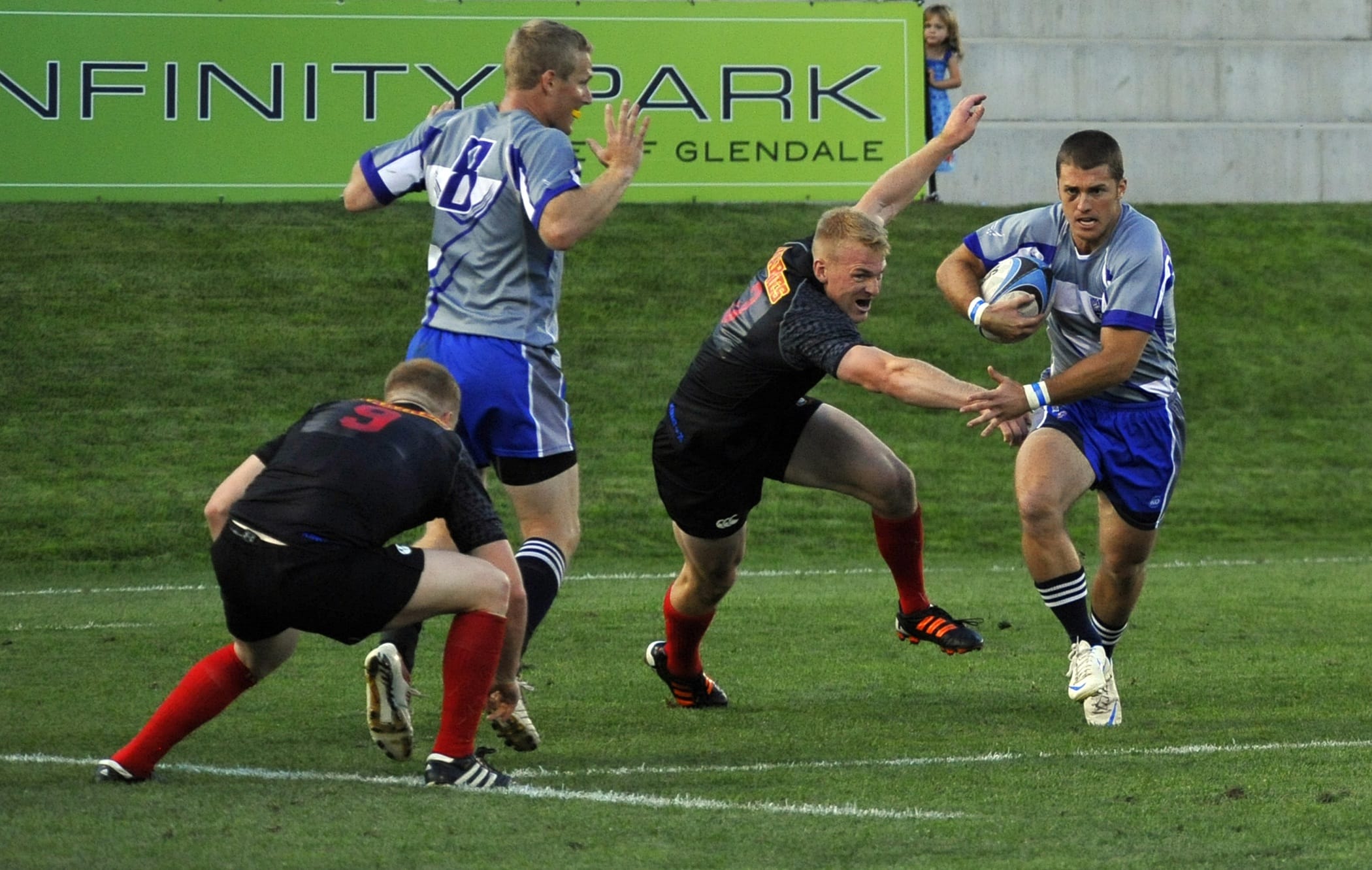 We in daveynutrition work off the premise of a 36 hour fuelling plan in the lead-up to a match. This encompasses the day before a match as well as the hours beforehand. The meals at this time should be high in carbohydrate, contain a moderate source of protein and be low in fat and fibre. This is to allow for easier digestion of large intakes of carbohydrate to ensure the athlete is comfortably able to meet their carbohydrate target. High fibre or fat intakes in particular can sometimes impede carbohydrate intake or cause stomach distress.
We in daveynutrition work off the premise of a 36 hour fuelling plan in the lead-up to a match. This encompasses the day before a match as well as the hours beforehand. The meals at this time should be high in carbohydrate, contain a moderate source of protein and be low in fat and fibre. This is to allow for easier digestion of large intakes of carbohydrate to ensure the athlete is comfortably able to meet their carbohydrate target. High fibre or fat intakes in particular can sometimes impede carbohydrate intake or cause stomach distress.
By choosing meals using the ‘Activity Type’ filter you can choose Intensive exercise recipes and exercise recipes to fuel up for your performance
Recovery Meals After Intense Training
What should a recovery meal consist of?
Optimising recovery is a key focus of performance nutrition strategies as these processes directly influence the ability to perform or train soon after, as well as influencing how the body adapts to training especially for growth of muscle or loss of fat. The main focus of the recovery meal is to begin the recovery of fuel stores in muscle, as well as the repair, growth and remodelling of muscle. This means a focus on quality carbohydrate and protein foods. In simple terms, you can think of carbohydrate being needed to recovery the low fuel stores while protein is required for these growth and repair processes, although in practice, they do work together to optimise recovery.
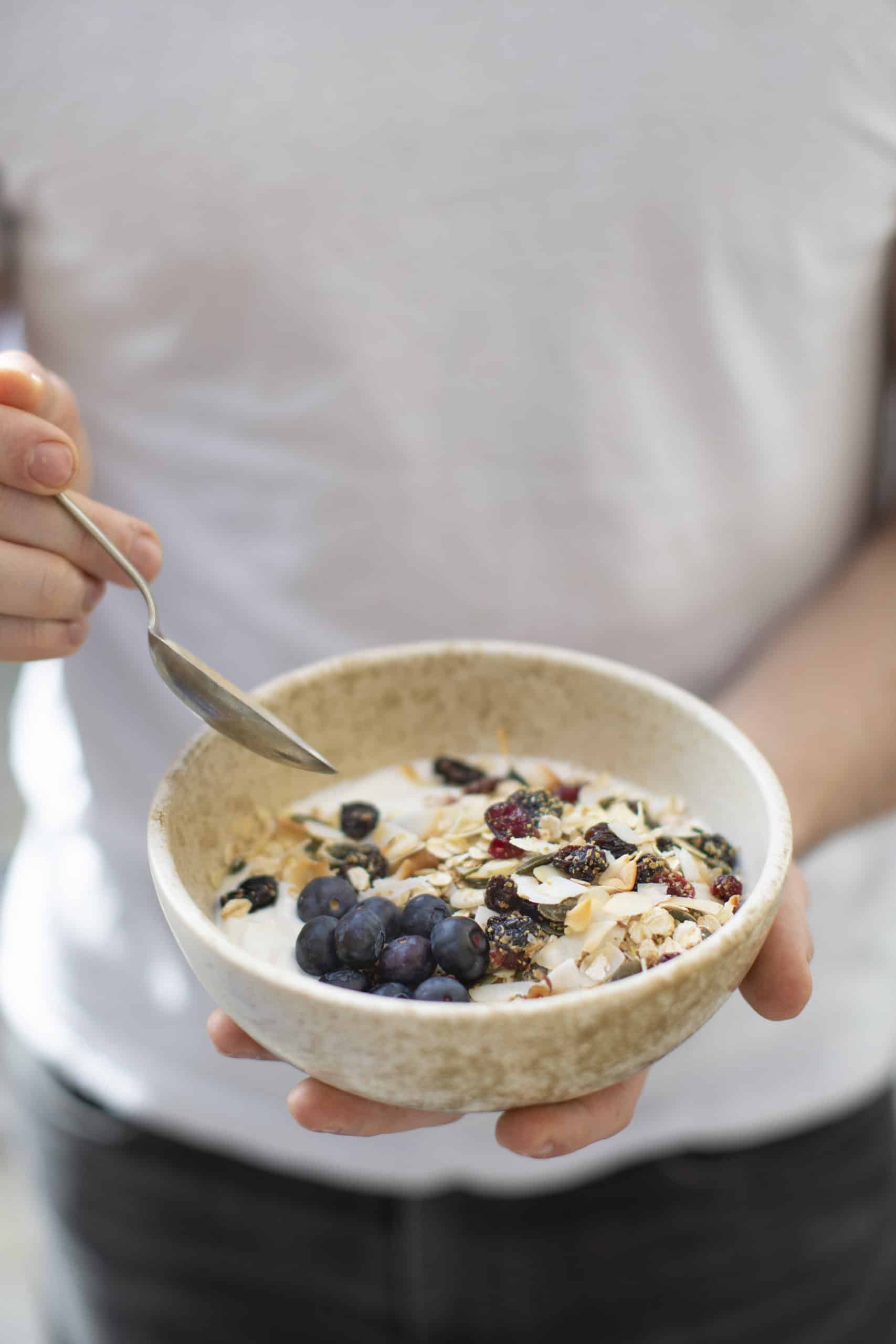 For quality carbohydrate sources think starchy forms such as potatoes and sweet potatoes, rice, oats, quinoa, bulgur wheat, and couscous, and also the more sugary kind provided by fruits like pineapple, bananas, and dried fruit. For protein sources, think quality cuts of meat, fresh fish, eggs and dairy. The inclusion of other vegetables, herbs and spices is an important feature of a recovery meal as these provide an array of micronutrients, and there is a suggestion that foods like ginger, garlic, and turmeric have natural anti-inflammatory properties – and even if they don’t, they taste good!
For quality carbohydrate sources think starchy forms such as potatoes and sweet potatoes, rice, oats, quinoa, bulgur wheat, and couscous, and also the more sugary kind provided by fruits like pineapple, bananas, and dried fruit. For protein sources, think quality cuts of meat, fresh fish, eggs and dairy. The inclusion of other vegetables, herbs and spices is an important feature of a recovery meal as these provide an array of micronutrients, and there is a suggestion that foods like ginger, garlic, and turmeric have natural anti-inflammatory properties – and even if they don’t, they taste good!
Why is there the need for high protein meals and snacks for team sport athletes?
In recent years, protein has become the focus of many nutrition messages for general health, but for over 20 years, intake of protein of about 50% higher than the recommended daily allowance (RDA) has been recommended for athletes. The reasons are many but mainly explained by protein use during exercise sessions, and increased protein turnover as part of the natural growth and repair processes associated with training. Increasingly, protein is seen as the key nutrient influencing recovery from and adaptation to training especially in terms of how much muscle is gained or fat is lost.
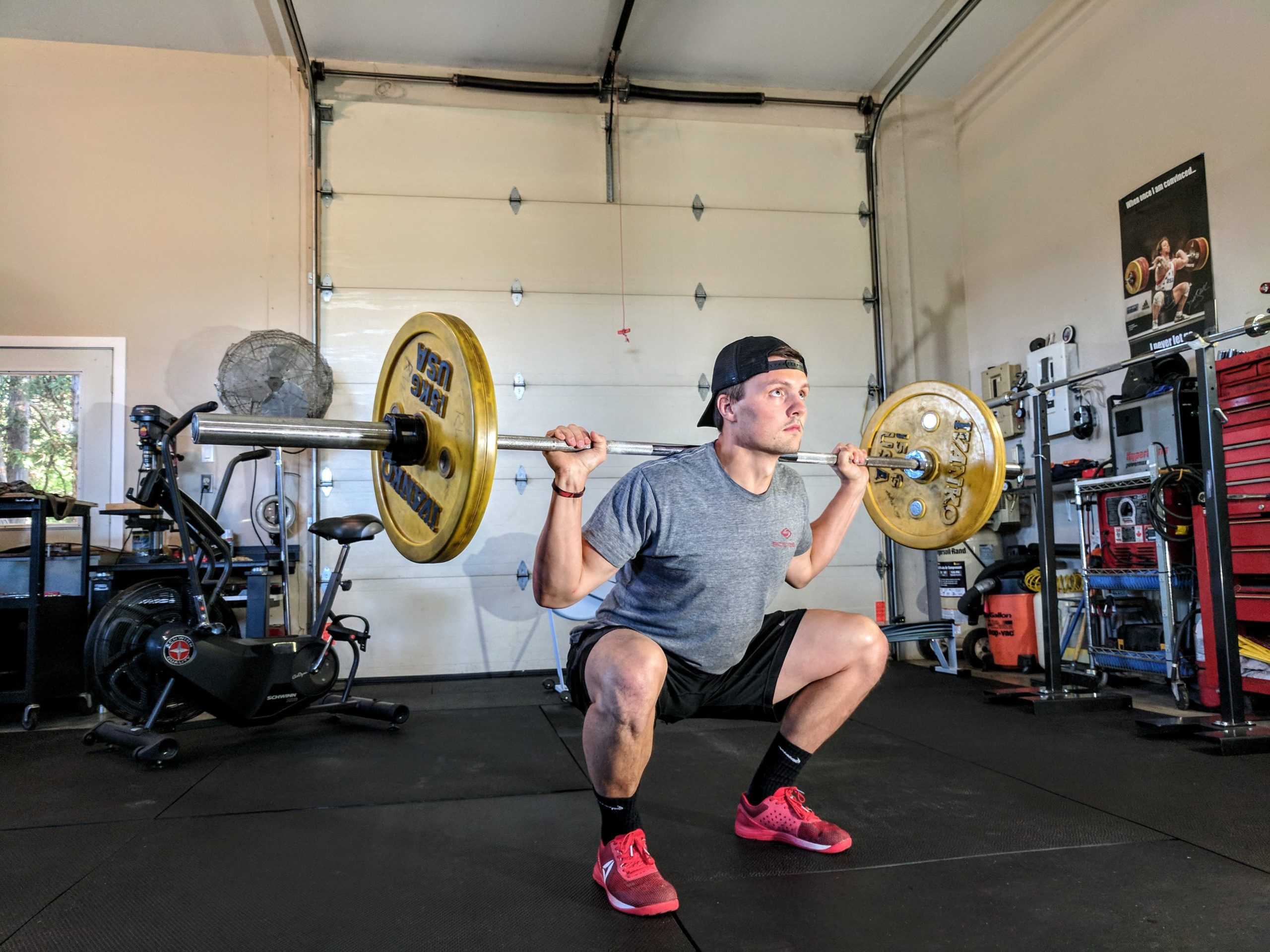 For athletes in-season, maintaining a lean body mass (muscle) during a long intense season is key to performance and reducing injury risk, therefore making quality protein intake and timing a daily focus for athletes.
For athletes in-season, maintaining a lean body mass (muscle) during a long intense season is key to performance and reducing injury risk, therefore making quality protein intake and timing a daily focus for athletes.
The richest sources of protein in the diet are food like fish, meat, dairy, and eggs, whereas nuts, seeds, pulses and lentils score well although in smaller amounts.
How much protein do I need?
The most recent guidelines for protein intake for athletes range from 1.4 grams of protein per kg of body mass up to 2.0 grams of protein per kg of body mass per day, although there have been recent studies of as much as 2.4 and 3.4 grams of protein per kg body mass for effects on fat loss and muscle gain.
For an 80 kg individual, the current guidelines mean a range of 96 to 160 g of protein per day. The large range reflects the sport and the training phase or goal for active individuals per day. A 110 kg rugby player will need as much as 220 g of protein daily, which is a fair whack! For example, an egg contains roughly 8 g of protein whereas a medium-sized chicken breast contains on average 30 g of protein.
You will find lots of high protein meals in the recipe section of the website, don’t forget to use the recipe filter to find meals suitable to your performance goal!
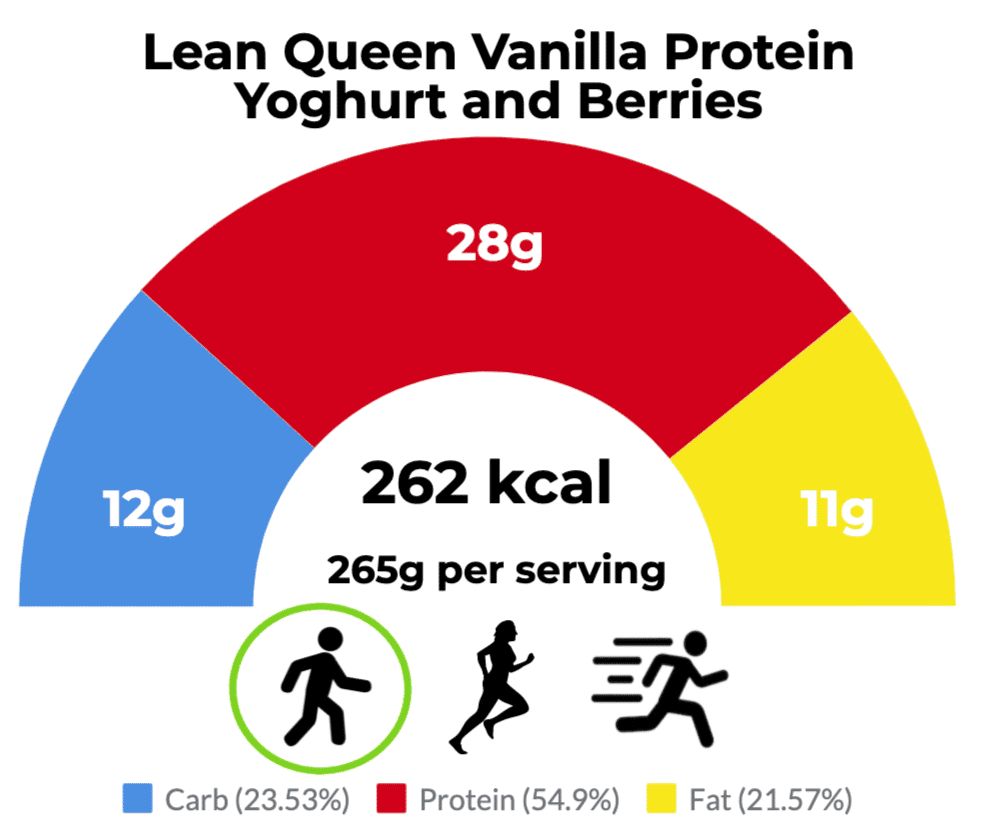 References
References
Thomas, D.T., Erdman, K.A. and Burke, L.M., 2016. Nutrition and athletic performance. Med Sci Sports Exerc, 48(3), pp.543-568.
Longland, T.M., Oikawa, S.Y., Mitchell, C.J., Devries, M.C. and Phillips, S.M., 2016. Higher compared with lower dietary protein during an energy deficit combined with intense exercise promotes greater lean mass gain and fat mass loss: a randomized trial. The American journal of clinical nutrition, 103(3), pp.738-746.


